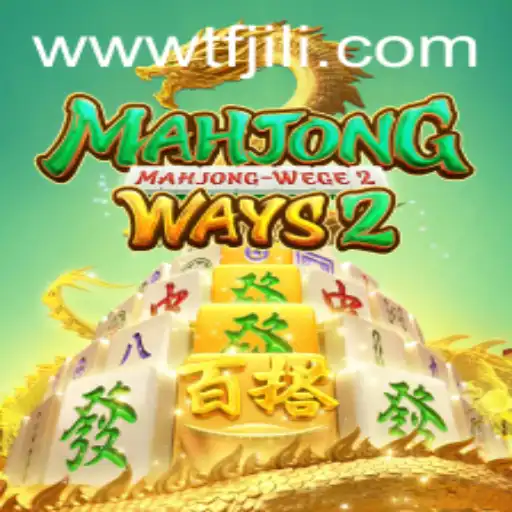Discover the Art of the Napoleon Card Game
The card game known as Napoleon is a delightful blend of strategy, luck, and historical intrigue. It draws its name from the famous French military leader, Napoleon Bonaparte, reflecting the tactical skill and strategic brilliance associated with the game. The purpose of this article is to delve deeply into how Napoleon is played, who can enjoy the game, and its connection to contemporary events, such as trends within the gaming world.
Embarking on a Napoleonic Journey
Napoleon, often celebrated for its simplicity and depth, is traditionally played with a standard 52-card deck. The game is generally best suited for five players, although variations accommodate different numbers. As the gaming community becomes increasingly digitized and interconnected, platforms such as TFJILI.com have helped this classic card game maintain its relevancy, introducing Napoleon to a new generation of enthusiasts.
Making Napoleon accessible through online platforms exemplifies how traditional card games have been reshaped by modern technological trends. This trend echoes current events in the gaming industry, where the resurgence of classic games in digital formats highlights an interplay between nostalgia and innovation.
The Intricacies of Napoleon: How to Play
Understanding the rules of Napoleon is key to mastering the game. The game begins with a dealer distributing five cards to each player. The remaining cards form a draw pile, which becomes central to the bidding process. This phase engages players in a strategic battle of wits, akin to a tactical standoff much like Napoleon himself might have encountered on the battlefield.
Players bid on the number of tricks they anticipate capturing. The highest bidder assumes the role of the ‘Napoleon,’ and their objective is to win the declared number of tricks. Success or failure in executing this role determines much of the game’s outcome. Bidding in Napoleon is not merely about bravado; it involves calculated risks and keen observation of opponents’ tendencies.
As strategies unfold, parallels in current events surface where negotiation and risk-taking are essential. Consider the dynamic economic environment where companies bid and strategize to acquire market shares, similar to players maneuvering to dominate the game.
The Tactics of Winning Napoleon
Winning at Napoleon demands a careful balance of boldness and caution. A player’s hand and strategic foresight must align to outmaneuver opponents. The use of trump cards, typically overpowering any suit, introduces a layer of strategy that avid players will recognize as crucial to turning the tide of the game. This aspect can be compared to strategic corporate decisions where timing and resource management often dictate success.
Players can hone their skills and deepen their understanding of the game through practice on platforms like TFJILI.com, where community features allow for learning and sharing strategies. The influence of digital communities has increased participation and diversified gaming approaches, mirroring broader trends towards globalization and knowledge sharing in the gaming industry.
Napoleon and the Digital Revolution
The integration of Napoleon into digital platforms signifies a broader shift in the gaming landscape. The accessibility provided by these platforms introduces unique opportunities for interaction. Users can connect across borders, learning from diverse perspectives and enriching their strategic approaches.
In the same vein, ongoing geopolitical events remind us how strategic alliances and cross-cultural interactions shape real-world outcomes. The Napoleon card game serves as a mirror, reflecting both historic and modern warfare strategies, illustrating diplomacy and decisive action.
The Future of Napoleon and Gaming
The digital renaissance surrounding games like Napoleon underscores a profound shift in gaming habits. With platforms like TFJILI.com making historic games accessible in innovative ways, the intersection of tradition and technology continues to evolve. This trend is paralleled by the wider cultural shift towards reimagining and revitalizing classic forms of entertainment for contemporary audiences.
As we examine the game of Napoleon through the lens of current events, from digital transformation to cross-cultural connections, we recognize the timeless allure of strategy games. This speaks to our innate desire for competition, strategy, and above all, understanding intricate and profound systems, both in games and the world around us.







